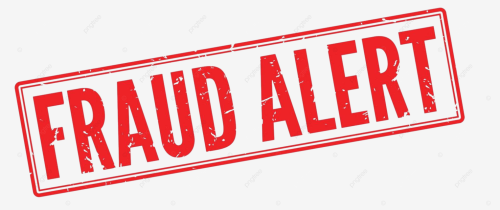Congress has passed three relief packages, including the CARES Act, which will provide more than $376 billion in relief for small businesses and nonprofits to stay financially afloat and prevent layoffs.
The U.S. Small Business Administration (SBA) has several programs available to assist you and your employees. More information from the SBA Connecticut District Office can be found here.
The CT Department of Economic and Community Development (DECD) has a small business hotline: 860-500-2333. DECD staff will assist small businesses in need and connect them with the other state and federal resources that are currently available. Inquiries should be sent to DECD.COVID19@ct.gov.
If you’ve been forced to lay-off or furlough your employees, they may be eligible for Unemployment Insurance (UI). They can visit filectui.com to apply. A fact sheet on UI can be found here. Most workers who were previously ineligible for unemployment insurance will now be eligible for benefits as long as their unemployment is caused by the coronavirus. Newly eligible individuals include self-employed workers, independent contracts, gig economy workers, and individuals who were unable to start a new job.
What federal assistance and resources are available for employers impacted by the COVID-19 crisis?
- Paycheck Protection Program (PPP) Loans: Provide cash-flow assistance to cover payroll costs through SBA-guaranteed, low interest, no fee loans of up to 2.5 times the borrower’s average monthly payroll costs, not to exceed $10 million with repayment deferred for six months. The loans will be forgiven, if the borrowers retained the same number of employees as when they initially received the loan. You can apply through an existing SBA 7(a) lender or through any federally insured depository institution. Given the quick implementation of this program there may be a few hiccups. If experience any issues please alert my office by sending me an email here or calling my Hartford Office at 860-278-8888. Small businesses and sole proprietorships can apply starting April 3, 2020. Independent contractors and self-employed individuals can apply starting April 10, 2020. You must apply by June 30, 2020. For more information, please click here.
- Economic Injury Disaster Loans (EIDL) & Emergency Injury Grants: Provides working capital loans of up to $2 million and now offers emergency advances of up to $10,000 to small businesses and private non-profits harmed by COVID-19 within three days of applying for an EIDL. The advance does not need to be repaid, and may be used to retain employees on payroll, cover sick leave, meet increased production cost due to supply chain disruptions, or pay business obligations, including debts, rent and mortgage payments. The SBA is now accepting applications. To apply for an EIDL, please click here. For more information, please click here.
- Small Business Debt Relief Program: Provides immediate relief to small businesses with non-disaster SBA loans, in particular 7(a), 504, and microloans. SBA will cover six months of all loan payments on these SBA loans, including principal, interest, and fees. New borrowers who take out loans within six months of the enactment of the CARES Act will also be eligible for the relief. For more information, please click here.
- Employee Retention Tax Credit: Provides a refundable payroll tax credit for 50 percent of wages paid by employers, including non-profits, whose operations have been fully suspended as a result of a government order limiting commerce, travel or group meetings. The credit is also provided to employers who have experienced a greater than 50 percent reduction in quarterly receipts, measured on a year-over-year basis. For more information, please click here.
- Delay of Payment of Employer Payroll Taxes: Allows taxpayers to defer paying the employer portion of certain payroll taxes through the end of 2020. For more information, please click here.
- Counseling & Training: The resource partners such as the Small Business Development Center (SBDC), Women’s Business Center (WBC), or SCORE mentors will receive additional funds to expand their reach and better support small business owners with counseling and up-to-date information regarding COVID-19. Local resource partners can be found here.
- Shared Work Funding: The State of Connecticut Department of Labor’s short-term compensation program, Shared Work CT, will be fully funded by the Federal Government. This program, part of the Unemployment Insurance system, allows employers to reduce hours and have the State of Connecticut reimburse employees for the reduction in wages. More information can be found here.
- Paid Leave Tax Credit: The Families First Coronavirus Response Act, signed into law on March 18, 2020, included the Federal Emergency Paid Leave Program directing employers with fewer than 500 employees to provide 80 hours of paid sick leave and 10 weeks of paid family leave. IRS will reimburse the employers for 100% of the paid leave and the reimbursement will cover both the wages paid and the employer’s contribution to employee health insurance premiums during the period of leave. For additional information on IRS guidance, please click here.


